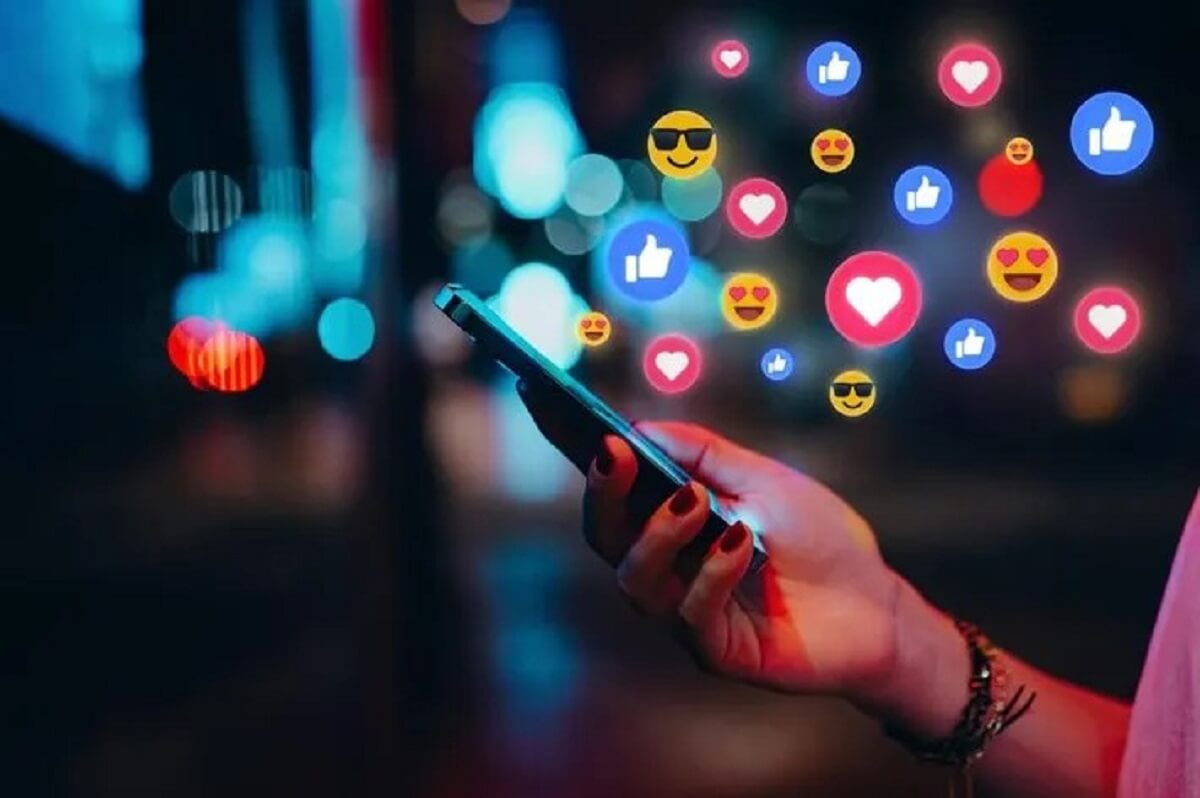Scottie Scheffler has Denied Rory Mcilroy Putter ClaimsThe phrase “no longer identify on social media” has recently gained traction across various platforms and conversations. This term refers to a conscious decision by individuals or entities to detach their identity, branding, or recognition from their social media presence. It may involve actions such as removing identifying information, deactivating accounts, or shifting to anonymous interactions. But what drives this trend, and why does it resonate so strongly with users today?
The discussion of this phrase has expanded beyond casual conversations, finding its way into reputable publications like The New York Times (NYT) and even into crossword puzzles, further solidifying its relevance in contemporary culture.
The Emergence of “No Longer Identify on Social Media NYT”
The New York Times (NYT) has long been a forerunner in reporting societal shifts and cultural phenomena. When “no longer identify on social media” became a topic of widespread discussion, the NYT analyzed its significance, shedding light on its implications. This phrase is tied to various narratives, including:
- Privacy Concerns: Social media platforms collect and exploit user data, often making users feel overexposed.
- Mental Health: The constant pressure to curate a perfect online persona has led many to step back from identifying publicly.
- Digital Minimalism: Some users now prefer a minimalist approach to online engagement, emphasizing quality over quantity.
- Shifts in Social Norms: Younger generations are redefining how they engage with online spaces, favoring anonymity or pseudonymity over overt identification.
The Phrase in the NYT Crossword: “No Longer Identify on Social Media NYT Crossword”
For many crossword enthusiasts, stumbling upon the clue “no longer identify on social media” in the New York Times Crossword posed an intriguing challenge. The crossword, a cultural staple, often incorporates contemporary references and language trends. Here’s how the clue fits into the puzzle culture:
- Cultural Relevance: Crosswords often mirror societal trends. The inclusion of this phrase highlights its significance in modern discussions.
- Challenge for Solvers: Phrases like this often require solvers to think critically about shifts in language and digital culture.
- Community Discussions: The crossword sparked conversations online, with solvers debating interpretations and sharing their insights on platforms like Reddit and Twitter.
Why People No Longer Identify on Social Media
To better understand the context, let’s explore the driving factors behind this growing phenomenon:
- Erosion of Privacy: Privacy has become a critical concern for social media users. High-profile data breaches and invasive algorithms have caused many to rethink how much of their personal information they wish to share online.
- Mental Health Considerations: The curated nature of social media can contribute to anxiety, depression, and feelings of inadequacy. Studies show that limiting or anonymizing one’s social media presence can lead to improved mental well-being.
- Anonymity as Freedom: Some users find liberation in detaching their identity from their social media profiles. This anonymity allows them to express themselves without fear of judgment or consequences.
- Professional Boundaries: Many professionals are wary of blending their personal lives with their careers on social media. By not identifying themselves, they maintain a clear separation between the two.
Read Also: Scottie Scheffler has Denied Rory Mcilroy Putter Claims
The Broader Implications of This Shift
The decision to no longer identify on social media has far-reaching implications, both individually and societally. Here are some notable effects:
- Redefining Online Communities: Anonymous or pseudonymous interactions foster more inclusive and diverse communities, as users focus on content rather than personal identity.
- Impact on Influencer Culture: As more people choose not to identify, traditional influencer models may face challenges, leading to new ways of engaging audiences.
- Changing Marketing Strategies: Brands must adapt to a world where data-driven advertising might become less effective as users opt for greater privacy.
Practical Steps for Those Considering This Change
If you’re inspired to no longer identify on social media, here are actionable steps to achieve this:
- Audit Your Online Presence: Review your profiles for personal information and remove unnecessary details.
- Adjust Privacy Settings: Use platform settings to limit who can see your posts and profile.
- Explore Anonymity Tools: Use tools like pseudonyms or anonymous email accounts to maintain engagement without disclosing your identity.
- Consider Deactivation: For those seeking a complete break, temporarily deactivating accounts can be a refreshing reset.
“No Longer Identify on Social Media NYT Crossword” and Its Broader Appeal
The crossword’s inclusion of this clue is symbolic of the broader cultural shift towards questioning digital identities. It captures the zeitgeist of a generation grappling with the pros and cons of hyper-connectivity.
This clue offers more than a momentary puzzle for crossword fans—it provides a lens through which they can examine their relationship with social media. The discourse generated by the crossword clue reflects society’s growing ambivalence toward digital self-identification.
How This Phrase Shapes Digital Culture
As the concept of “no longer identify on social media” evolves, it influences various aspects of digital culture:
- Content Creation: More creators are embracing pseudonyms or producing content that doesn’t reveal their identity.
- Platform Policies: Social media companies may need to rethink their policies to accommodate the growing demand for anonymity.
- Educational Campaigns: Efforts to educate users on the implications of online identification are gaining momentum.
The Role of Media in Shaping This Trend
The New York Times, with its detailed reporting and cultural coverage, has played a pivotal role in bringing this discussion to mainstream audiences. Articles and crossword clues like these catalyze wider debates on digital identity.
Read Also: Black Rifle Coffee Controversy
Conclusion
The phrase “no longer identify on social media” encapsulates a profound cultural shift. Whether explored through the lens of The New York Times, its crossword puzzles, or broader societal trends, it signifies a collective re-evaluation of our digital lives. As users continue to navigate the balance between connection and privacy, the relevance of this phrase will undoubtedly grow, influencing discussions for years to come.
